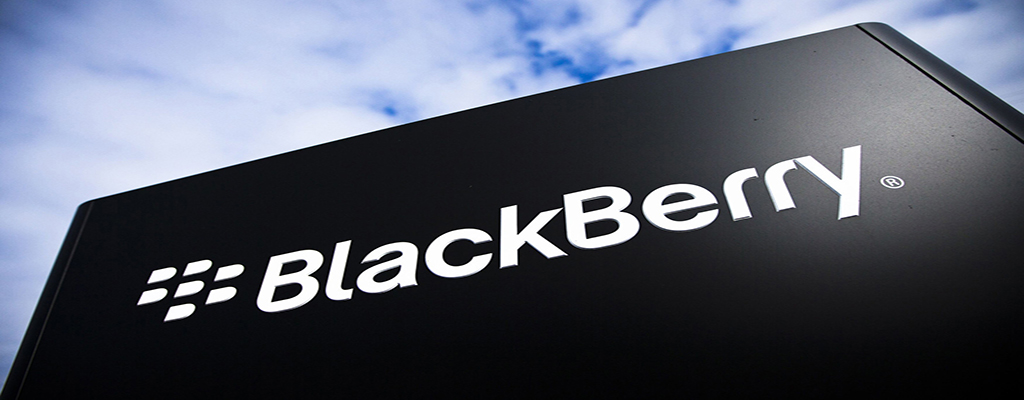The demise of BlackBerry, once a titan in the smartphone industry, wasn’t a sudden event but rather a culmination of various factors that gradually eroded its market dominance. Let’s delve into the critical elements that contributed to BlackBerry’s downfall:
Lack of Innovation
BlackBerry’s failure to innovate and adapt to changing consumer preferences played a pivotal role in its decline. While competitors embraced touchscreen technology and intuitive user interfaces, BlackBerry remained stagnant with its physical keyboard-centric design, failing to meet evolving user expectations.
Inadequate App Ecosystem
The limited app ecosystem on BlackBerry devices proved to be a significant drawback. While rivals like Apple and Android fostered vibrant app stores, BlackBerry struggled to attract developers and offer a diverse range of applications, limiting its appeal to consumers seeking a rich app experience.
Insufficient Consumer Focus
BlackBerry’s steadfast focus on serving enterprise customers led to a neglect of the consumer market. As consumer demand shifted towards devices that seamlessly integrated work and personal life, BlackBerry’s failure to cater to this need alienated a substantial portion of its potential user base.
Security vs User Experience Trade-off
While BlackBerry’s emphasis on security was commendable, it often came at the expense of user experience. Consumers increasingly prioritized devices that offered both robust security features and a user-friendly interface, a balance that BlackBerry struggled to achieve.
Missed Opportunities in Software
Despite efforts to revitalize its software offerings with the BlackBerry 10 operating system, the company failed to garner significant traction. Issues such as a lack of developer support, coupled with the late entry into the touchscreen market, hindered BlackBerry’s ability to compete effectively against established rivals.
Leadership and Strategic Missteps
Leadership decisions and strategic missteps further compounded BlackBerry’s woes. From failed product launches to unsuccessful attempts to find a buyer, the company faced numerous setbacks that undermined its credibility and financial stability.
Competitive Pressure
Intense competition from established players like Apple and Samsung, as well as emerging Chinese smartphone manufacturers, intensified BlackBerry’s struggle to maintain relevance in the market. With rivals offering feature-packed devices at competitive prices, BlackBerry found it increasingly challenging to attract and retain customers.
Looking back, businesses in tech-driven, fast-paced industries can take note from BlackBerry’s demise. It emphasizes how crucial innovation, flexibility, and a focus on the needs of the client are to long-term success. For companies looking to prosper in the face of change, the lessons from BlackBerry’s demise are still applicable as the tech industry develops.

